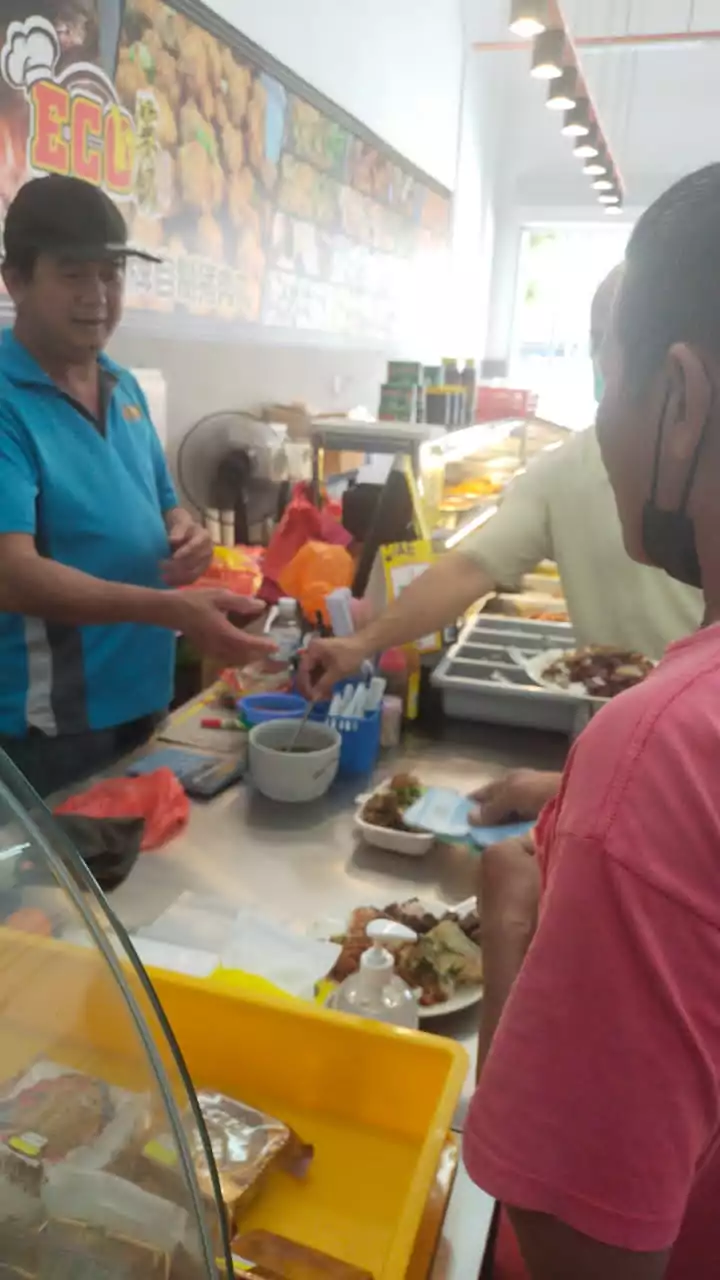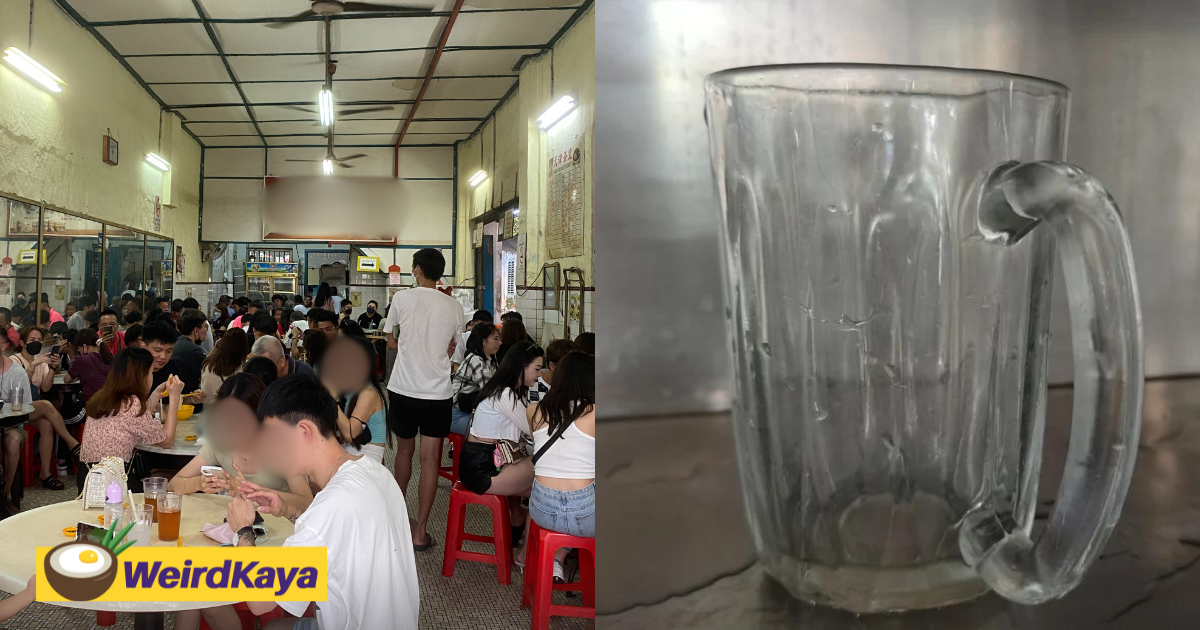In a surprising turn of events at a Kopitiam in the Green Garden Commercial Area of Kluang, Johor,
A 67-year-old woman, Lim Ah Man (transliteration), found herself at the center of an unusual charge at a kopitiam in Kluang, Johor.”

According to China Press, she ordered six cups of tea and subsequently requested an additional empty cup to perform a ‘teh-tarik’ trick for her child, only to be informed that this would incur an extra cost of RM0.20.
Read also: ‘Sit Outside If You Bring Your Own Drinks’ – Puchong Kopitiam’s Notice Triggers Backlash
Lim expressed her disbelief at the policy, questioning the rationale behind charging for an empty cup when her order already included multiple beverages.
Despite her frustration, she chose not to escalate the situation further and later shared her experience with the Chinese media outlet, vowing never to return to the establishment.
Upon investigation, the kopitiam’s staff declined to comment, directing inquiries to the owner, who dismissed the question as trivial and ended the conversation abruptly.
We ask Kopitiam uncle about this
Adding a perspective to the conversation, Tan Cheep Lian, a 53-year-old economy rice vendor and beverage seller with over three decades of experience, shared his thoughts exclusively with WeirdKaya.
Tan believes the concern for businesses revolves around two main issues: the loss of revenue from an additional drink and the increased workload of washing more cups, which also raises the risk of breakage.

However, Tan argues that such frugality might be short-sighted, as the quality of service is a crucial factor in attracting and retaining customers.
He pointed out an irony in the industry: it’s often the more profitable establishments, those that can afford to lose a few customers, that tend to enforce such charges.
“On the contrary, businesses struggling with lower foot traffic would hardly dare to implement such a policy,” he said.
He also emphasized the balance between maximizing short-term profits and cultivating long-term customer relationships, suggesting that generosity might be a more sustainable approach in this sector.



